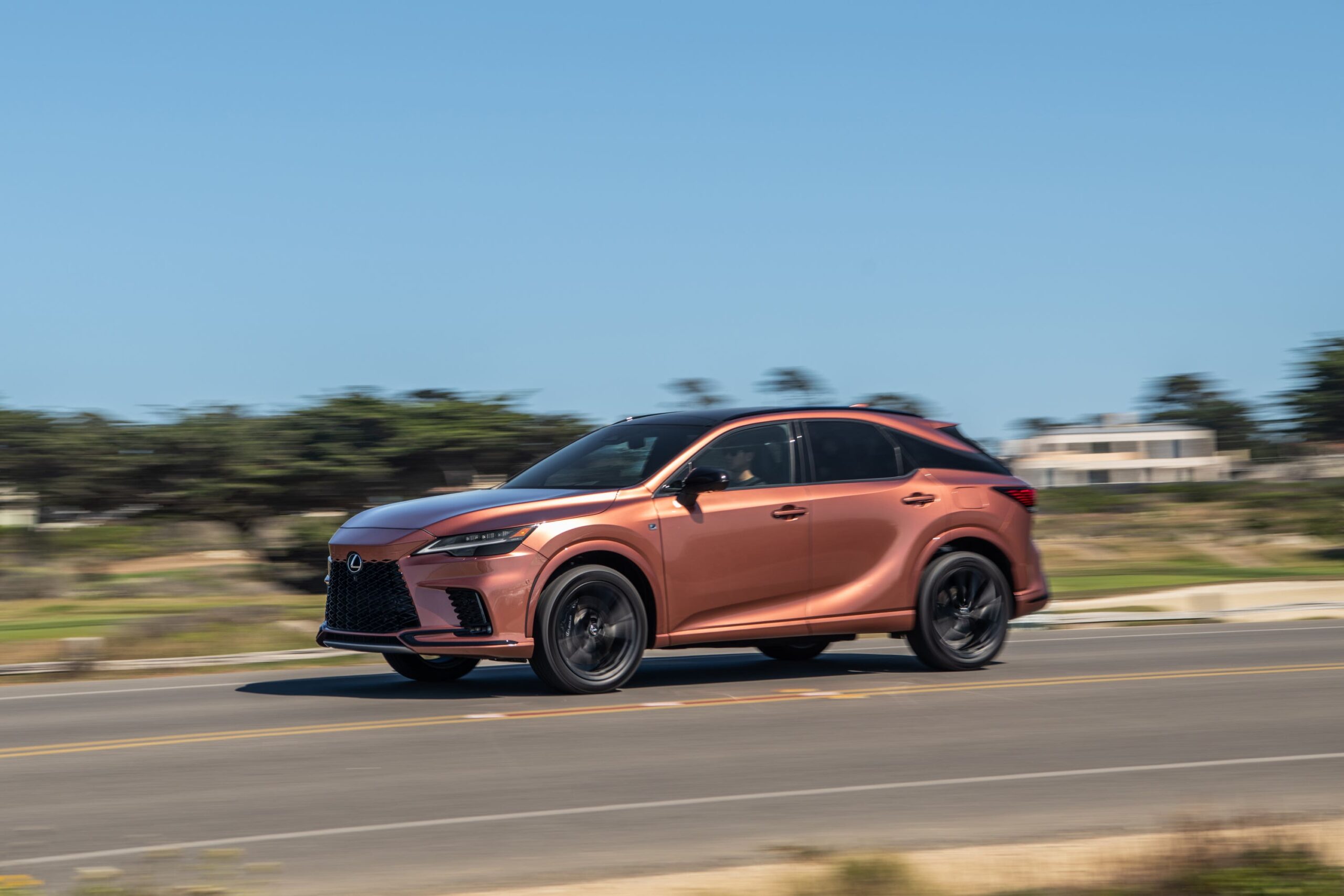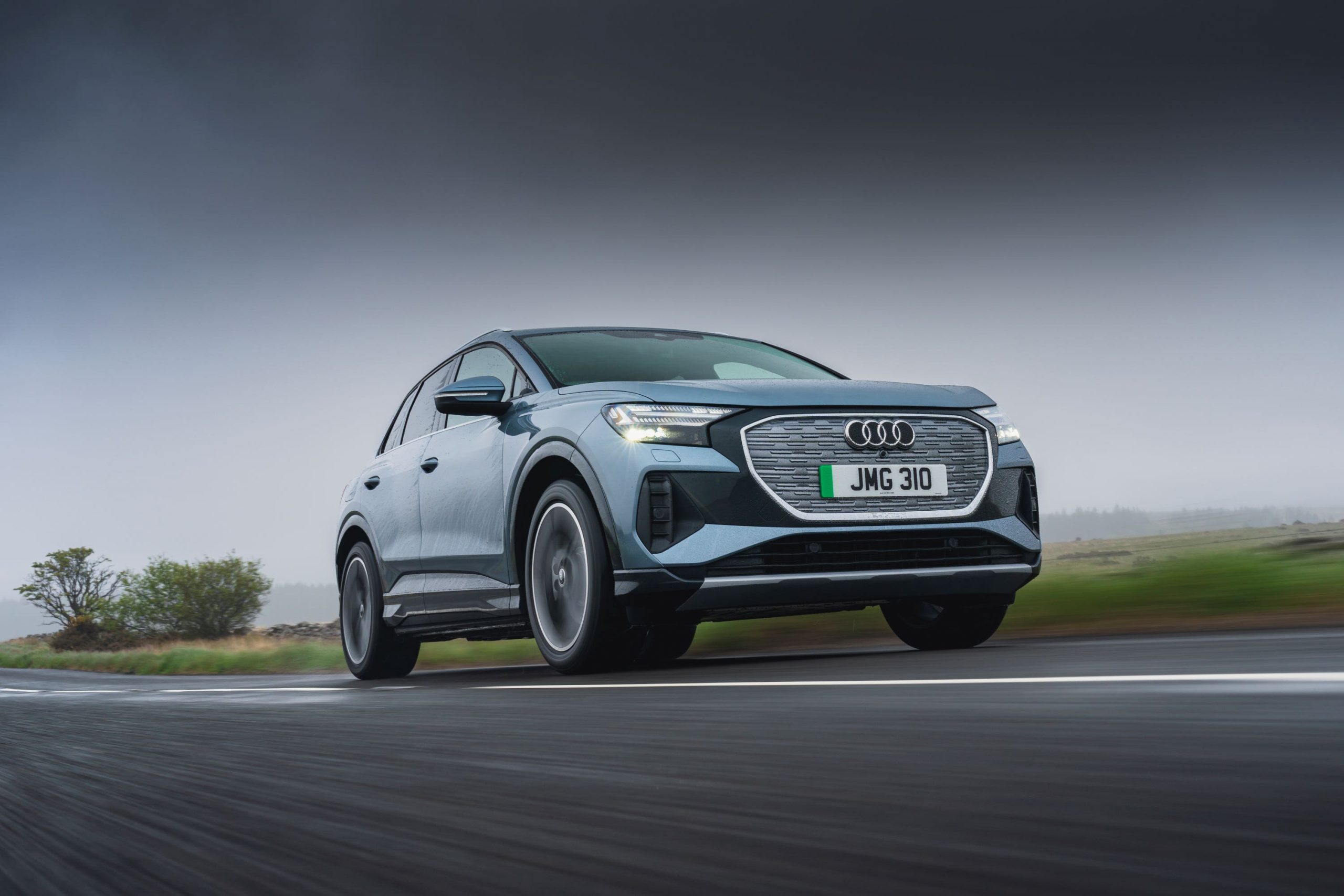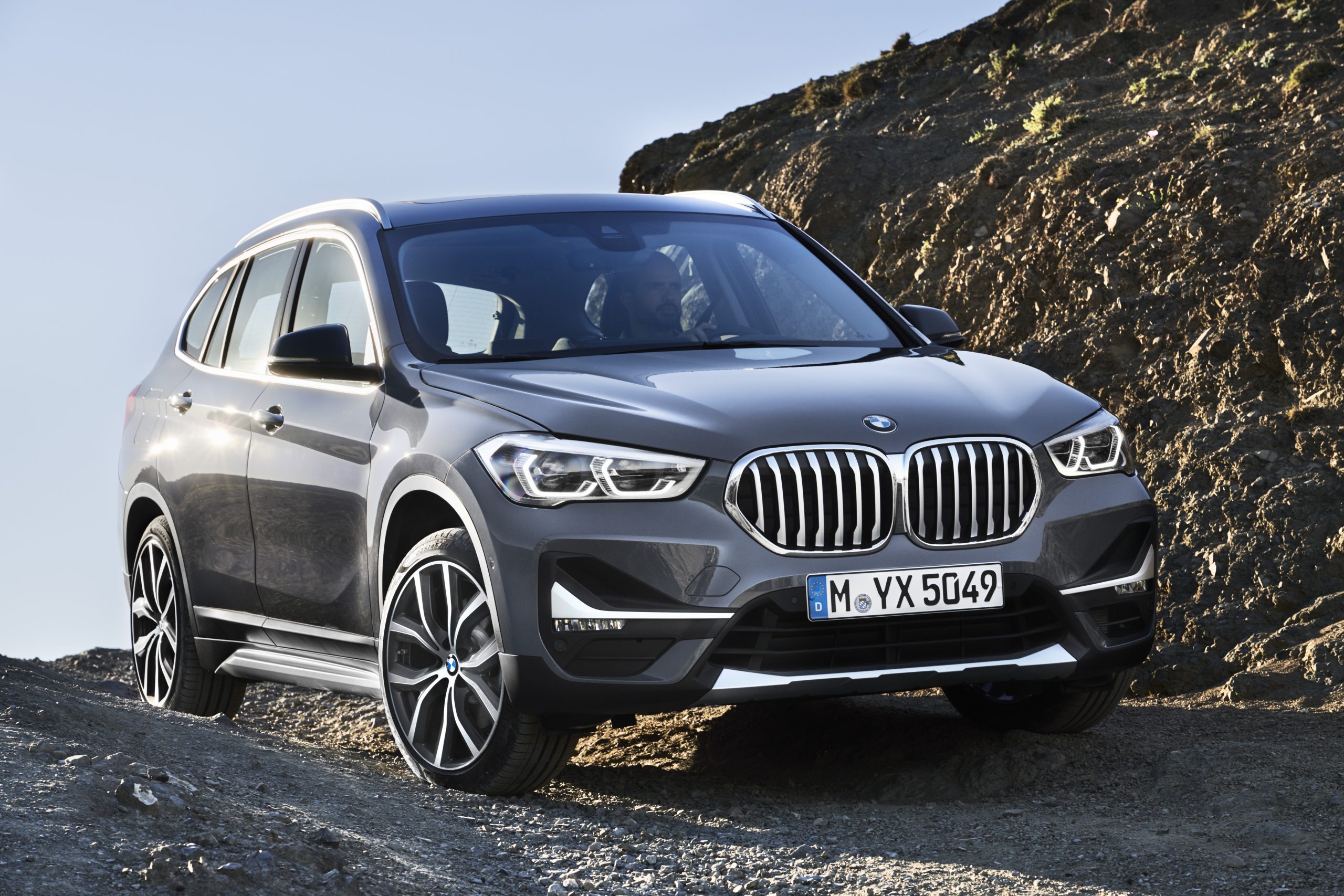Does a sportier-focused powertrain make sense in the Lexus RX? Ted Welford tries it out in California to find out.
These days – in Europe at least – it’s hybrids that dominate the proceedings at Lexus. With the exception of a couple of niche sports cars (the RC F and LC) and a new electric crossover, all of its cars are powered by a hybrid system.
These have largely been designed with efficiency and refinement in mind, and most certainly not sportiness. But Lexus is now aiming to change that with the introduction of the new RX 500h – the most powerful version of this SUV to date. But is this sporty focus at odds with an SUV that’s largely been all about comfort for as long as it’s existed? Let’s get behind the wheel to find out.

This new fifth-generation SUV represents quite a step up compared to the outgoing RX, as it debuts the firm’s latest design both inside and out, while also sitting on a new Lexus and Toyota platform known as GA-K. Despite being no different in dimensions from its predecessor, it manages to offer more interior space, both in the rear and in the boot too.
But it’s under the bonnet where things have really had a shake-up. There’s a new plug-in hybrid powertrain that’s set to account for the bulk of sales, a regular hybrid setup and the oddity we’re trying here – the RX 500h, which gets a raft of performance alterations to enhance the way it behaves behind the wheel. So much so, that Lexus calls it ‘game-changing’.
Rather than alter an existing hybrid powertrain, Lexus has effectively started from scratch with developing the 500h’s setup. Using a 2.4-litre petrol engine, it’s the firm’s first turbocharged hybrid.

Combined with twin electric motors, it develops 366bhp and 550Nm of torque, allowing for a 0-60mph time of six seconds and a top speed of 130mph.
Rather than use an (often compromised) CVT gearbox, it also adopts a six-speed automatic transmission, as well as a new electrically-controlled four-wheel-drive system called Direct4, This brings the key advantage of being able to shift drive between the front and back much quicker than any mechanical system could. The trade-off with this performance hybrid is that it is quite a lot less efficient – its claimed 35mpg fuel economy figure is 10mpg lower than the regular RX 350h, while CO2 emissions of 182g/km are 40g/km higher too.

Lexus has clearly put a lot of time and effort into this RX, and first impressions are positive. Despite the stats on paper suggesting it’s not much quicker than the plug-in hybrid, it feels noticeably brisker. The conventional automatic gearbox is quite a lot more responsive too, while there’s a sporty sound pumped in through the speakers. Gimmicky, perhaps, but it does sound relatively authentic.
Other changes on the 500h include rear-wheel-steering, while adaptive suspension and larger brakes are included as standard too. Though the overall result is an RX that feels more engaging to drive, and quite a lot more planted out on the road, make no mistake, this is not a performance SUV in the same way a Porsche Cayenne e-Hybrid is.
By choosing this powerful RX500h, it grants you immediate access to the ‘F Sport Performance’ trim level – unique to this hybrid model. For that, you get a number of racier styling cues that build on an already eye-catching design, most prominently including large matte black 21-inch alloy wheels and a specific pattern for the huge gloss black Spindle grille – a trademark Lexus feature that we personally love.

There are some truly lovely details on this latest RX too, such as the ‘floating roof’ and swooping body lines that wrap around the design. In true Lexus style, it manages to be different without being too in your face. The almost-pink Sonic Copper colour (pictured) perhaps isn’t the best choice if you’re buying with subtlety in mind, though.
The inside of this RX also gets a slightly sportier feel too, including perforated leather for the steering wheel and gear shift lever, along with ultrasuede inserts for the seats. There are no carbon-fibre bucket seats here, but rather a typical high-quality, pleasant RX interior with a few extra goodies. There are some cheaper-looking plastics to be found, though, if we’re being picky, such as those for the dashboard.

But the area where this RX feels like a real forward step is the in-car technology. The previous Lexus infotainment system was mildly irritating to use at best and a downright pain at worst, but in place is a stunning new 14-inch touchscreen display. It’s seamless to use and really helps to modernise the RX’s cabin. As to be expected from a large SUV, there’s no shortage of space here, with acres of room for passengers in the rear, though the 461-litre boot (measured up to the tonneau cover) feels a touch small next to rivals like the BMW X5.
As we’ve mentioned, the RX 500h comes in a single guise called F Sport Performance trim. It sits pretty near the top of the trim ladder and comes exceptionally well-equipped as a result. There are ventilated, heated and electric seats up front, along with self-parking ability, a head-up display and gesture-controlled electric boot to name just a few highlights.

You can option a ‘Takumi Pack’ if you really want to push the boat out, bringing the same level of seat functionality to rear passengers, along with a panoramic roof and outstanding 21-speaker Mark Levinson sound system that is one of the best we’ve ever tried.
It’s quite a strange car to come to a conclusion with this sportier Lexus RX. Giving a ‘performance’ billing to a car so well known for its comfort and refinement was always going to have mixed results.
Treat it as a regular RX, with just a bit of extra poke and dynamism, and it about makes sense, though we suspect most buyers will be better off sticking with the excellent regular version, or have a look at a Porsche or BMW hybrid SUV if you’re wanting a sportier feel.










